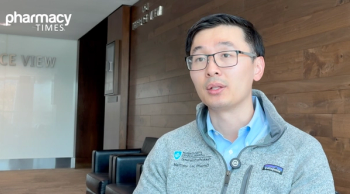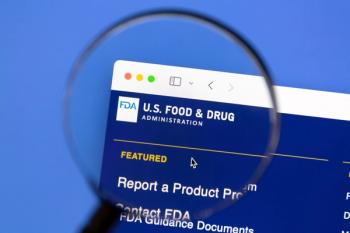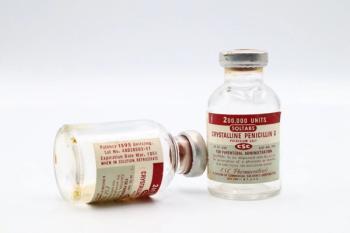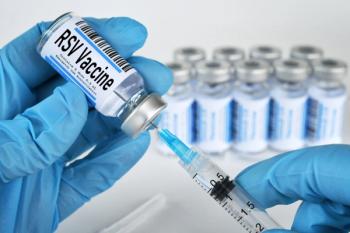
Discover the benefits of fast melt tablets, designed for easy swallowing and quick disintegration, enhancing patient convenience and adherence.

Discover the benefits of fast melt tablets, designed for easy swallowing and quick disintegration, enhancing patient convenience and adherence.

Elranatamab combined with daratumumab and lenalidomide shows promising results for treating newly diagnosed multiple myeloma, enhancing patient outcomes.

Pharmacists play a critical role in optimizing triazole therapy in preventing and managing invasive fungal infections.

Fluctuations in glycemic delta, a specific measurement of glucose levels, is an indicator of worsened myocardial infarction outcomes, including greater reductions in left ventricular ejection fraction.

The extensive selection of OTC products for GI problems can be challenging for patients to navigate.

An expert discusses the benefits of anti-CD38 quadruplet regimens for elderly multiple myeloma patients.

An expert discusses CAR T therapy's potential in treating relapsed multiple myeloma, highlighting long-term remissions and access challenges.

West Coast states unite to enhance vaccine access and guidance for respiratory viruses, prioritizing public health and safety ahead of the 2025-2026 season.

An expert discusses the promising results of elranatamab as a consolidative therapy for relapsed/refractory multiple myeloma, enhancing patient outcomes.

Anti-Amyloid Antibody Treatments, Subcutaneous Formulations, and Improved Symptom Relief Are Offering New Hope for Patients

Enrollment in the Supplemental Nutrition Assistance Program or another food assistance program could help ameliorate food insecurity that contributes to long COVID.

Additionally, the FDA granted a provisional interchangeability designation to both biosimilars.

NCCN updated its small-cell lung cancer guidelines, introducing lurbinectedin for maintenance therapy and removing the chemotherapy-free interval for better treatment strategies.

Cemiplimab was also superior in improving progression-free survival, objective response rate, and duration of response in patients with non–small cell lung cancer (NSCLC).

Travelers face rising infectious disease risks, including measles, chikungunya, chagas disease, and others.

This study demonstrates the feasibility and impact of a pharmacist-led direct challenge approach to penicillin allergy delabeling in a community hospital setting.

The 2025 International Myeloma Society Annual Meeting unveils crucial updates to IMWG guidelines, enhancing response assessment and treatment strategies for multiple myeloma.

A recent study highlights the AOV dual-chamber system as a faster, safer option for RSV vaccine reconstitution, enhancing efficiency for health care providers.

Misinformation is fueling parental fears and a concerning drop in childhood vaccines.

Engagement and recognition of pharmacist expertise grows as state psychedelic bills expand.

Breast cancer survivors face a small but significant risk of developing secondary cancers, influenced by age, treatment, and lifestyle factors.

Promising phase 2 results for taletrectinib in ROS1+ lung cancer show significant tumor shrinkage and manageable adverse effects.

Digitoxin reduces primary composite vs placebo in HFrEF, with no statistically significant effect on individual components of all-cause mortality or first heart failure-related hospitalization.

A recent phase 3 study reveals osimertinib combined with chemotherapy offers unprecedented survival rates for patients with advanced EGFR-mutated lung cancer.

Bumetanide nasal spray provides patients with edema an alternative to burdensome oral or intravenous diuretic options.

Cutting-edge insights and expert discussions on multiple myeloma will be presented at the 2025 IMS Annual Meeting in Toronto, shaping future treatment standards.

A series of PCSK9 inhibitors were found to be tolerable and effective at reducing low-density lipoprotein cholesterol in solid organ transplant recipients.

In a recent study, machine learning demonstrated its ability to predict progression to end-stage renal disease among patients with chronic kidney disease (CKD).

Pharmacists face challenges as recent federal policy changes threaten their expanded roles in vaccination and public health, impacting patient access to care.

GLP-1 receptor agonists enhance glycemic control and weight management in youth with type 2 diabetes (T2D) and obesity; however, safety concerns persist.